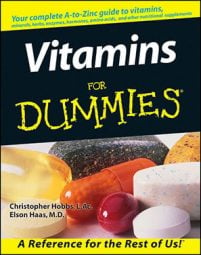Sodium is a hidden ingredient of many prepared foods. Although it is essential for proper nutrition, too much sodium in your diet increases the risk of high blood pressure and stroke. This nutrient is found in common table salt, in the form of sodium chloride.
Sodium, along with potassium and chloride, are the main mineral ions (minerals with an electric charge) that influence the movement of fluids in and out of all of your body’s cells. Almost all foods contain some sodium.
Here are some key functions of sodium:
Essential to cell function, acid-base buffering, and electrical conductivity in the body.
Used primarily for sweat replacement in athletes.
Sodium is found naturally in ocean seafood and seaweed, as well as in many vegetables. The popular over-consumption of salt comes from its addition to many foods in the kitchen, at the table, and in salty snacks, such as chips and crackers that are so prevalent in western societies. The average American consumes about 15 pounds of salt from processed foods per year. Monosodium glutamate (MSG) is also another source of sodium.
High salt intake can increase your risk of high blood pressure and stroke. Here are some foods to especially avoid, because they are extremely high in salt (the amount of salt per 100 grams of the food is listed in parentheses):
Olives (3,200 mg)
Pretzels (1,700 mg)
Catsup (1,000 mg)
Bacon (1,000 mg)
Tuna, canned in oil (800 mg)
Cheeses (700 mg)
Whole wheat bread (500 mg)
Beans, canned (250 mg)
You only need about 2 grams (or 2,000 mg) of sodium daily, yet most people consume more. For maximum health, you need to be sure to avoid excess salt and sodium intake.
Toxicity may affect blood pressure and kidney function. Deficiency can cause fatigue, water retention, insomnia, and other symptoms. Elevated levels of sodium in the diet contribute to water retention, elevated blood pressure, and kidney and cardiovascular disease.

